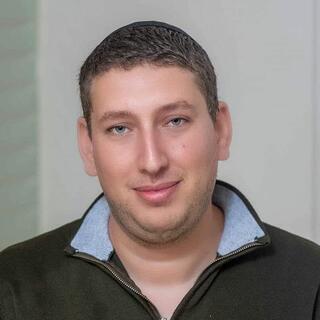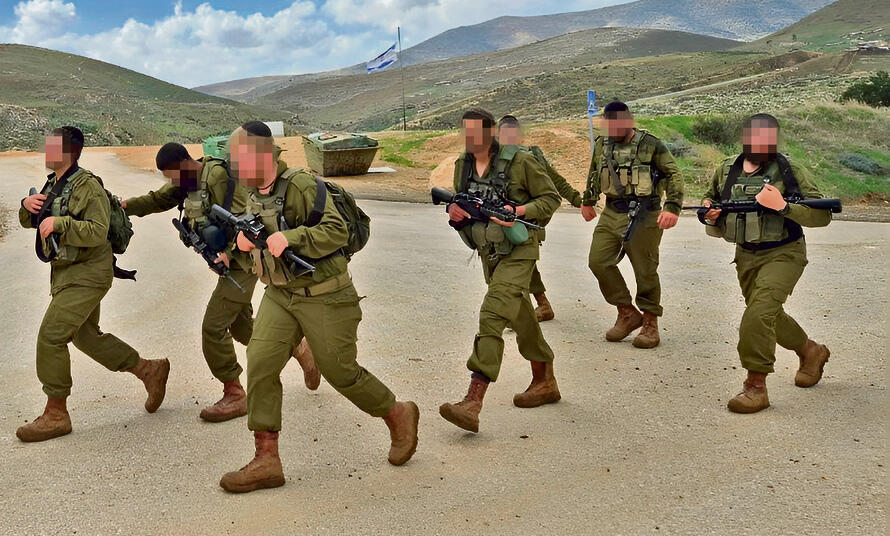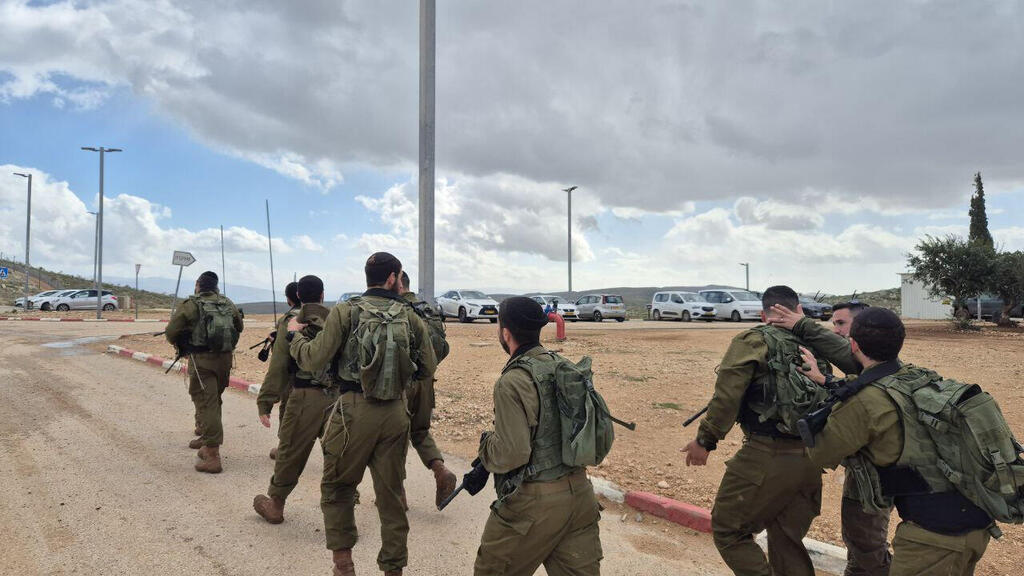It was an uplifting Shabbat, Abraham recalled, describing hours of sacred songs, both Hasidic and Sephardic, and an atmosphere of holiness. Though one might expect him to be talking about a Shabbat meal at a yeshiva or an ultra-Orthodox community, he was describing his first Friday night in the IDF’s newly-formed Hasmonean Brigade. “After this, we can go into battle full force,” he added with a laugh.
The recruits are in the early stages of their training—currently in basic training. Seventy full-time soldiers who enlisted in the new Haredi brigade, along with nearly 100 reserve soldiers who had been in non-combat roles, are undergoing full training to integrate into Israel’s combat forces.
These numbers are relatively small, especially compared to the Israeli military’s reported shortage of approximately 12,000 soldiers. However, this marks a significant crack in some circles of the ultra-Orthodox community.
The Hasmonean Brigade is based at the Tze’elim Base in the Jordan Valley. The IDF’s goal is to ensure that soldiers in the brigade can complete all stages of military service—from basic training to specialized courses, including commanders' courses and, in the future, officer training—without having to leave the brigade for programs that may not align with the community’s religious needs.
Before meeting the soldiers, one can already see the significant effort to create a tailored environment. Two large study halls sit at the heart of the base, lined with shelves of books, including Talmud, Mishnah, Halacha, and weekly Torah portions. Daily study time is built into the schedule, both at the base and in the field during training.
Get the Ynetnews app on your smartphone: Google Play: https://bit.ly/4eJ37pE | Apple App Store: https://bit.ly/3ZL7iNv
The base’s dining hall features strict kosher certification, with rigorous standards. "No yeshiva or Haredi community follows such strict guidelines as we do here," the soldiers said, chopping vegetables to the sounds of Hasidic music. All soldiers are required to use filtered phones, a condition for serving in the Haredi brigade.
Outside the base, like all recruits, the soldiers line up in formation for a run. "My yeshiva doesn’t know I’m here," said a young man from a Hasidic family in Beit Shemesh. "I didn’t want to get into it with the rabbis and friends at yeshiva. My family knows, but I won’t come home in uniform."
In contrast, Tzvi, a graduate of a Lithuanian yeshiva in Jerusalem, didn’t hide his decision from his friends. "I even have a friend who joined the Haredi course in the Israeli Air Force after me," Zvi said proudly. "After this war, it was hard to stay out and not help. It’s not what we grew up on, but I’m very happy with my decision."
The soldiers spent their first Shabbat at the base, and reserve soldiers stayed as well. Many of them are parents. The brigade wanted to support the mothers, so they arranged a parallel Shabbat event in Jerusalem for the wives and children of the new reserve soldiers. On Friday, brigade commanders held a brief meeting to offer encouragement and support.
"I’m 34 with four children. If you’d asked me in the past whether my kids would enlist, I would’ve said no," said one of the reserve soldiers during a cleaning shift. "Even the basic training I had to go through to reach this stage wasn’t something I expected. But now that I see the Hasmonean Brigade is an option, if it continues like this, my kids will probably enlist."
"After one of the training sessions, our commander told us we need to learn to distinguish whether muscle pain is damaging or strengthening," said another reserve soldier. "It’s the same with us on a national level. We went through a painful period, but we can turn it into pain that strengthens and builds."




